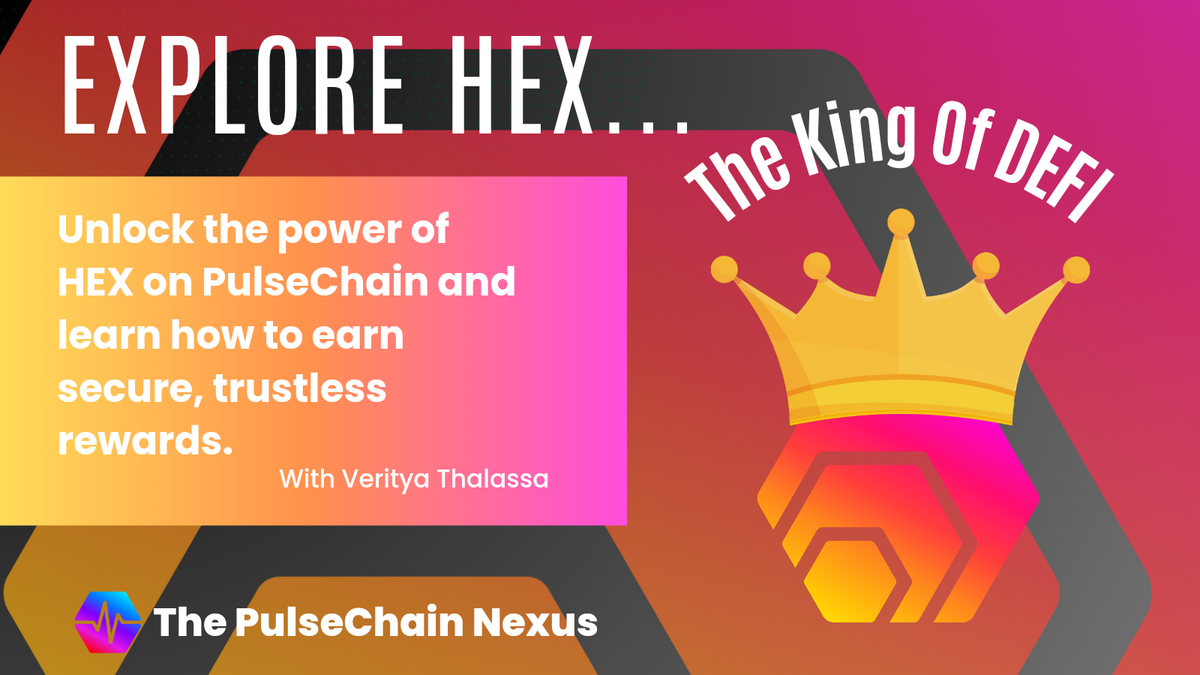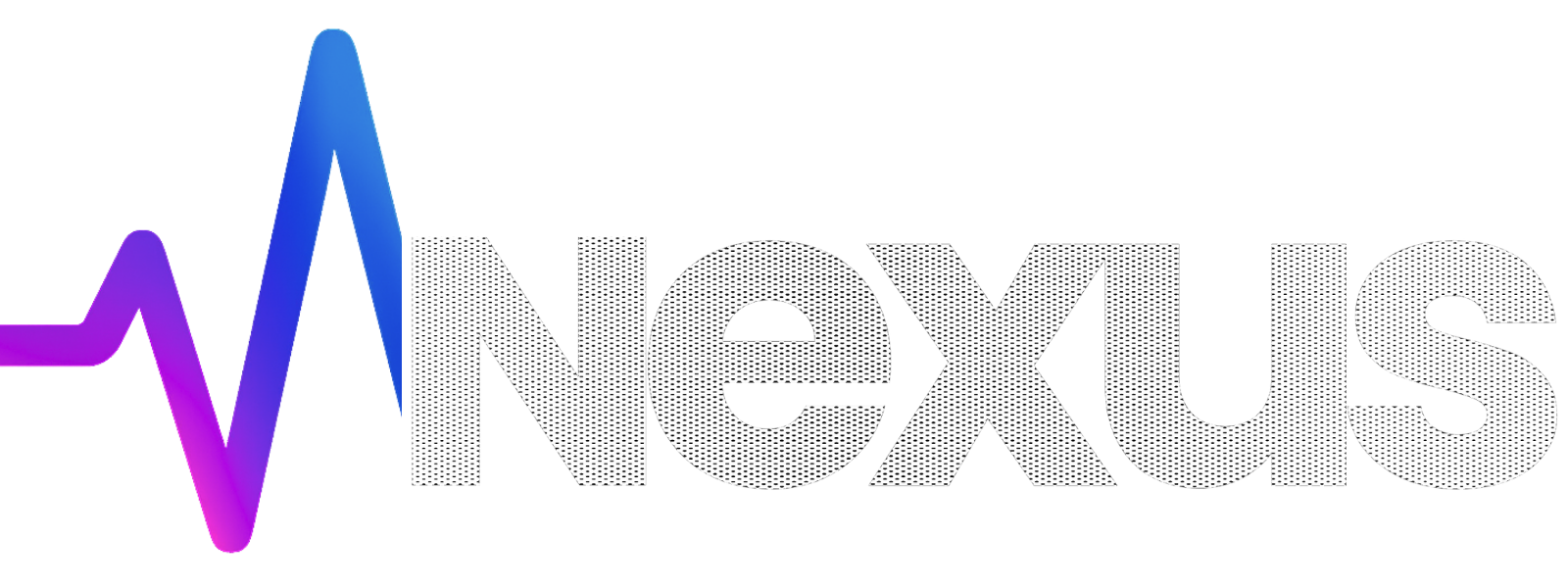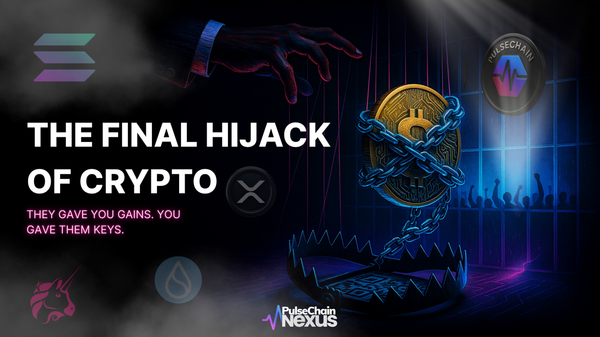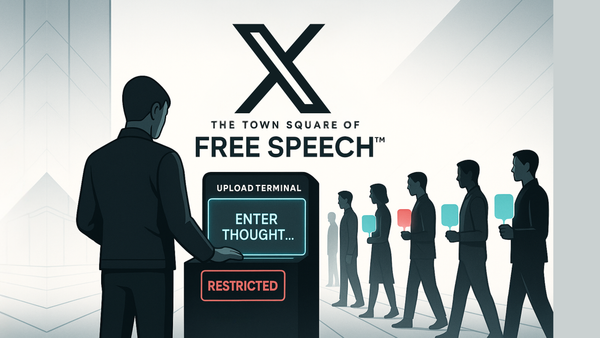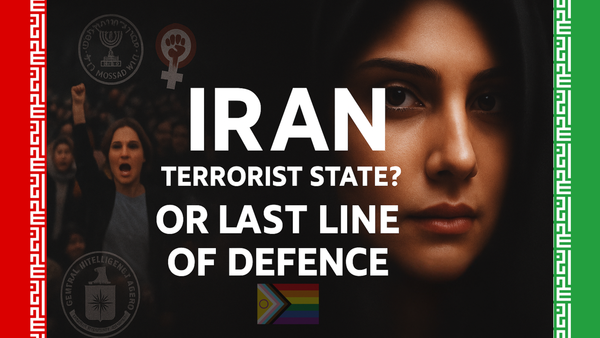Be Your Own Bank
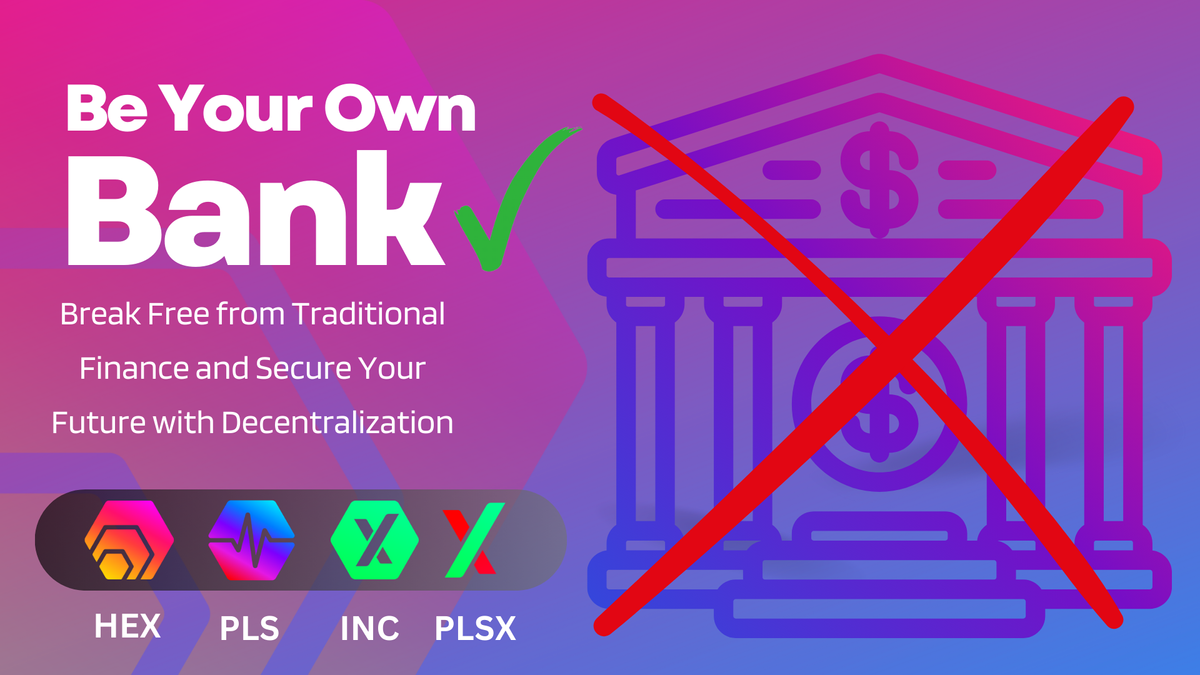
Have you ever stopped to think about the life of a dollar bill? Imagine you spend it at your local coffee shop. That same dollar could pass through 100 different hands—used to buy groceries, pay for a bus ride, get change at a farmer’s market—and in the end, it’s still a dollar bill. No matter how many times it’s spent, no one in between takes a cut. It’s simple, it’s clean, and it works.
Now, let’s talk about what happens when you make that same purchase with a card. Every time you swipe, a whole web of middlemen jump into action. The payment processor, the bank, and maybe even the card network all get a little piece of the pie. So, what happens when you make 100 purchases for $1 each? Depending on the fees involved—sometimes around 2-3% per transaction—you’re looking at $2 to $3 lost, siphoned off in the form of charges you didn’t ask for.
But it’s not just about the money. Each time you use that card, data about your transaction is being recorded. Your spending habits, where you shop, and even what you buy are all logged by banks, payment processors, and, of course, governments. This is the hidden cost of the convenience of digital payments: you lose not only small bits of money but also your privacy and control.
Middlemen Are Everywhere
Let’s face it—middlemen are everywhere. From the time you swipe your card to when that transaction is processed, multiple players are taking their cut. And sure, it seems small, but it adds up. Think about every transaction you make in a week—whether it’s a $1 purchase or $100—those little charges keep stacking up.
But what’s worse than the fees? The fact that with every transaction, someone else is holding the reins. Banks, payment processors, even governments—they’re all involved in your financial life, whether you realize it or not. And what happens when these institutions decide to change the rules? They freeze accounts, deny payments, or charge hidden fees. The power is in their hands, not yours.
Enter Government-Issued Digital Money: The Next Step in Control
Now imagine a future where cash doesn’t exist. Everything is digital, and instead of using dollars or euros, you’re using government-issued digital currency. On the surface, it sounds convenient, right? But dig a little deeper, and you’ll see how this isn’t about making things easier—it’s about control.
Government digital currencies, often called Central Bank Digital Currencies (CBDCs), are a type of programmable money. What does that mean? Simply put, the government can decide how you use it. Want to buy groceries? Sure. But what if the government decides you’ve bought too much this month? Suddenly, you’re blocked from purchasing more food. Or maybe you’ve spent a bit too much on entertainment—so your money is restricted from being used at movie theaters or restaurants.
Sounds dystopian, right? But it’s already happening in some parts of the world. Take China’s social credit system. Based on your behavior, the government can restrict your access to travel, freeze your funds, or even block you from certain services. The idea of programmable money isn’t some far-off nightmare—it’s a reality being rolled out in various forms.
And it’s not just about controlling your spending. With a government digital currency, every transaction is tracked and monitored. You lose your financial privacy, and everything you buy or sell is part of a permanent record. This is not cryptocurrency. This is a digital leash.
The Case for Decentralized Money
Now imagine a world where there are no middlemen. No banks, no payment processors, no government agencies tracking your every move. What if you could send and receive money directly—person to person—without losing control of your funds? What if your wealth wasn’t subjected to hidden fees, or arbitrary restrictions on how you can use it?
That’s the promise of decentralized money. It’s money that exists on a network where no single entity controls it. Instead of relying on banks or governments, decentralized money operates through code—transparent, open-source code that anyone can review and verify. There’s no one taking a cut, no one tracking your transactions, and no one telling you how you can spend your own money.
With true decentralized cryptocurrency, you’re not giving up control to anyone else. It’s just you, your wallet, and the code. And the best part? Code doesn’t lie. It doesn’t change the rules on you. It doesn’t sneak in fees or take away your financial freedom.
The Future of Finance: Richard Heart and the Solution to the Middleman Problem
Now that you understand how traditional payment systems and government digital currencies work, let’s talk about the solution. Enter Richard Heart—the man leading the charge against middlemen and financial control. Richard isn’t just another voice in the cryptocurrency world. He’s built projects like Hex and PulseChain that take these concepts of decentralization and make them real, accessible, and powerful.
Richard’s vision is simple: put control back into the hands of the people. No middlemen, no hidden fees, and no government control over your money. With his projects, he’s created systems where you get to hold your wealth, earn interest, and make transactions without losing money to unnecessary fees or oversight.
In the world of traditional finance, banks and governments call the shots. But with Richard Heart’s decentralized solutions, you call the shots. Want to stake your tokens and earn interest, like with Hex? The smart contract handles everything, automatically rewarding you for holding long term. And because it’s decentralized, no one can interfere.
Why Richard Heart’s Work Matters
At a time when governments are pushing for more control through digital currencies, Richard Heart is offering a way out—a way to maintain your financial freedom and privacy. His projects aren’t about speculation or get-rich-quick schemes. They’re about building a financial future where individuals are empowered, not controlled.
The code is transparent, the system is fair, and there’s no one telling you what you can or can’t do with your money. In Richard’s own words: “With true open-source crypto, it’s just you and the code.” No middlemen and no manipulation.
In a world where financial freedom is becoming increasingly rare, Richard Heart’s work is more than just a crypto project—it’s a movement. A movement that says, “We don’t need the middlemen anymore.” And that’s the future we should all be working toward.
Richard Heart....
Make Your Vote Count: A New Way to Secure Your Wealth
If you’ve made it this far, it’s probably because some part of you feels the same concerns about the world we’re living in. Whether it’s the creeping control of financial systems, the loss of privacy, or the way governments are tightening their grip, you’re not alone in questioning where things are headed.
And here’s the thing—you don’t have to fully understand crypto to make a difference. You just need to recognize that there’s a better way. With products like Hex and PulseChain, you’re not only investing in your financial future, you’re casting a vote for a new system. When you exchange your dollars for PulseChain or Hex, you’re saying, “I like this. I believe in a future where I control my money, not the middlemen.”
The community behind Hex and PulseChain is strong and growing. Especially on X.com, where you’ll find people ready to help anyone with questions or guidance. Whether you’re new to crypto or just starting to explore, this community is there to support you every step of the way.

So, dear reader, take the time to do your own research. (Especially about scammers) Ask the questions that need to be asked. And when you’re ready, make your vote for a new way to secure your wealth. Because in this world, every dollar you hold is a vote for the system you believe in. What kind of system do you want to support?
Learn more about HEX and the future of finance...
